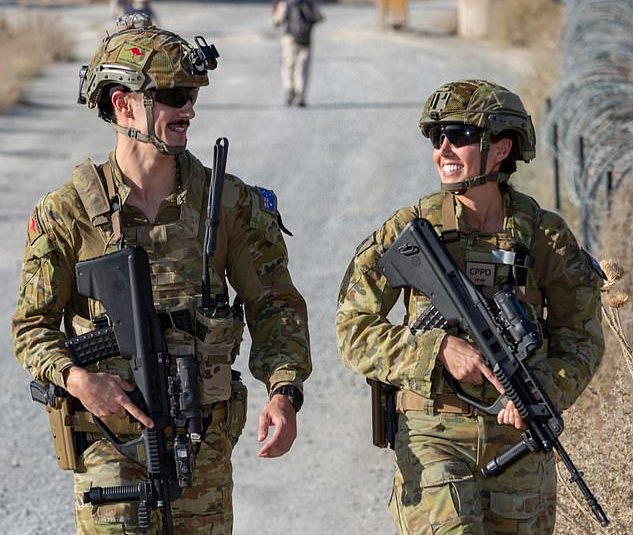I must admit to being taken aback by the appearance of the ‘Australian Army Leadership Levels’ (‘the Levels’) as published in Army News Issue 1471 (‘Every cog counts in leadership machine’, p. 4-5), and linked to the Australian Army Leadership Program.
The precise contours of successful leadership change, and the scale and nature of complexity typically grows, with worn rank. I cannot be alone, however, in being uncomfortable with the suggestion that critical thinking and the ‘provision of the unvarnished truth upwards’ are traits required at, but not before, the Lieutenant Colonel level. I was perhaps more surprised still with the suggestion that creativity in thinking became relevant once one joined the general officer ranks.
I can locate the source of my discomfort with these suggestions in three places. In the first instance, we invest a great deal of time and money in our people to develop critical thinking. Most of our junior officers are trained and educated through the Defence Academy-Duntroon pathway which provides them with a three- or four-year tertiary qualification from a Group of Eight university.
The expense of this investment is phenomenal and no other organisation in Australia engages in this level of investment in junior leaders at anything like a similar scale. Even the 18 month, Duntroon-only pathway is substantially longer than that in many comparable armies, the British Army’s direct entry course at Sandhurst being one example. The direct and early investment in university education for our people fosters critical thinking. The civilian faculty at the Academy are not particularly concerned for Defence’s organisational objectives or our capacity to develop junior soldiers within a troop.
Second, the ‘provision of the unvarnished truth upwards’ cannot be anything other than a universal obligation upon leaders. Our profession demands moral standards of the highest order. Any attempt to delineate graduated ethical requirements upon leaders must be rejected.
Yes, troop-level leaders must create ethical behaviours within their teams. But it should be a baseline expectation that all of us do this, as well as grapple with the ethical complexities inherent in the profession of arms and then also speak truth to our superiors and subordinates alike. We do a great deal of talking to ourselves about moral courage.
It is a problem if we have organisations that are unable to distinguish between disobedience and insubordination on the one hand, and robust professional discussion and plain-speaking on another.
Third, we are and always will be a relatively small force, and one bound by perhaps inexorable pressures to operate in ever-increasing dispersion, a dispersion that stretches hierarchy at the best of times. Autonomous systems are here with us already, but we will not succeed unless we foster anti-automatons in the human force.
We should doubt that a quality like creative thinking is one that can emerge without regular exercise and stretching. If we spend the first decades of our military careers with little expectation that we engage in creative solutions to tactical and organisational problems it would be miraculous if we developed the capacities to engage in such thinking at promotion to colonel. Instead, courting a mindset for outside approaches must be fostered at all leadership levels.
Presumably, some will respond that the Levels are a minor and summary piece of doctrine, or that they represent differences of emphasis rather than substance at different rank bands. However, how we think and what we write matters, and any formal written direction on leadership sets a course for our people. I propose that we do not have leadership levels but instead train to failure and encourage people to think beyond their station.
About the author: Captain Will Leben is currently studying at Oxford.

